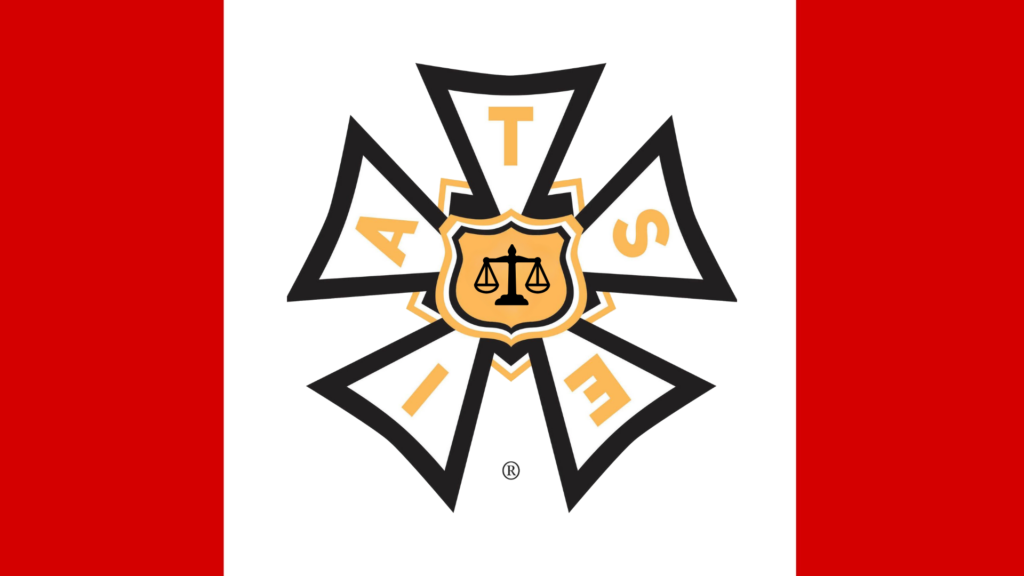- June 10, 2021
- Court Decisions (Appeals, Judicial Reviews)
This decision concerns an application for judicial review from the Nova Scotia Labour Relations Board’s (the “Board”) decision of April 3, 2012 and September 20, 2012 between IATSE, Local 906 (the “Union”) and Egg Films Inc. (“Egg Films”).
Egg Films challenged a number of the Board’s findings including the Board’s conclusion that (i) motion picture technicians were employees of Egg Films rather than independent contractors, (ii) the bargaining unit applied for was appropriate and (iii) which employees should properly be held to be in the bargaining unit.
In considering the Egg Film’s challenge, the Nova Scotia Supreme Court held that the appropriate standard of review of the Board’s decision is reasonableness. Therefore, it is not for the Court to determine the correctness of the Board’s decision. Rather, the Court must track the reasoning of the tribunal and determine whether the tribunal’s findings are within a set of rational outcomes.
Whether the Board was unreasonable in its conclusion that the individuals were employees of Egg Films
In its April 3 decision, the Board held that:
On the foregoing assessment of the evidence, the Board concludes that the Applicant Union is correct that the “motion picture technicians” employed by Egg Films on March 5, 2011 were employees within the meaning of the Act and were not independent contractors. On March 5 the technicians had agreed to become integral part of the shoot directed and produced by the Respondent, and agreed to perform their work for the day under the supervision of Egg Films. While it was not a long term period of “subordination” to the Respondent’s project needs, they were fully integrated into the shoot activities and integrated into the vision of the project which was not in their hands or of their making. While the technicians are far from entirely dependent on Egg Films for all their employment income, they are part of a workforce in the local film industry which is generally available for personal hire by production companies like the Respondent. The film technicians are not self-dependent, but dependent on the industry of which both they and Egg Films are a part. In accordance with the short hand phrase often used by labour boards when describing a purposive approach to the interpretation of the Act, it makes “good labour relations sense” to characterize those film technicians as employees in the Nova Scotia film industry.
Egg Films argued that the Board was unreasonable in concluding that the individuals were employees of Egg Films and were not independent contractors. Egg Films submitted that the evidence did not support the Board’s conclusion, and relied on policy arguments and other tribunal decisions in arguing that the Board was incorrect.
In considering the Board’s conclusion and Egg film’s argument, the Court held that, on a reasonableness standard of review, the Court is not permitted to re-weigh the evidence. Additionally, the Court held that in providing policy arguments and decisions from other tribunals, Egg Films was requesting that the Court overturn the decision based on the standard of correctness and not reasonableness. For the above reasons, the Court held that the Board’s conclusion in respect of the “employee” question was reasonable.
Whether the Board was unreasonable in its conclusion that the bargaining unit description was appropriate
With respect to the appropriateness of the inclusion of “casual employees” in the bargaining unit description, the Board held at paragraph 63 of the April 3 decision as follows:
But, if some purported blanket rule against the inclusion of “casual” employees in bargaining units were applied in relation to these specialized, occasional film technicians, they would be denied the opportunity to exercise their constitutional right to freedom of association and collective bargaining as instantiated by section 13(1) of the Trade Union Act and the provisions of sections 23 and 25 dealing with certification. A purposive interpretation of the Act, in accordance with the Preamble, applied to the conditions governing motion picture technicians in the film industry, leads to the conclusion that occasional employees in this industry can form a unit appropriate for collective bargaining even though, in some ways, their work could be described as “casual” in temporal terms and be treated differently in other industrial contexts. The Board therefore finds that the bargaining unit applied for by the Union is appropriate both in terms of membership and continuity or temporality.
Egg films argued that this conclusion was incorrect. The Court held that Egg Films failed to establish that the Board did not come to a conclusion that was within a rational set out of outcomes. Therefore, the Court held that the Board’s decision was reasonable.
The Remaining Issues
With respect to the remaining issues the Court held that Egg Films failed to address why the Board’s decision was unreasonable. The Court held that “the overarching difficulty is that this court is being asked to re-weigh the evidence, consider other possible outcomes and generally substitute a proposed contrary result without any reference to the Labour Board decision. With respect, this is a correctness standard.”
Conclusion
The Court went on to hold that the Board’s decisions set out the arguments of the parties, the evidence, the relevant law and policy. The Court went on to hold that the reasons given “for the Board’s conclusions on the issues before it were transparent and understandable.” Therefore, there was nothing unreasonable in the Board’s decisions and the Application for Judicial Review was dismissed with costs.








